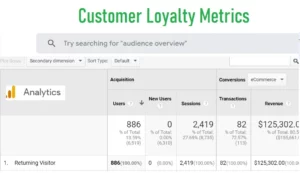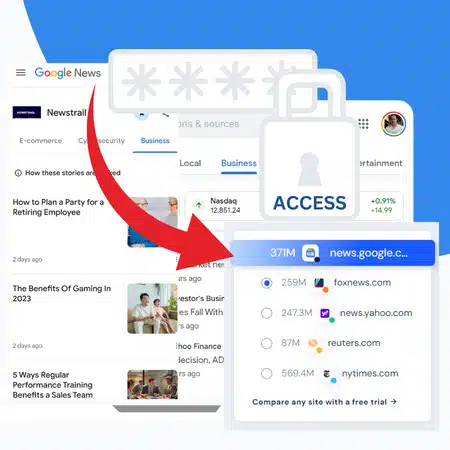Setting up a website, looking at building out content for good ranking, and improving traffic over time is the hope of many site owner or webmaster. Beyond the planning, execution, and management is site analytics and site auditing that ensure the effort doesn’t go to waste after the flurry of initial activity is over and the bloom is off the rose.

In this article we will explore this in depth: Let’s look more closely at how analytics and auditing help with the management of sites.
Analytics Lead the Way
For the avid number crunchers out there, the idea that analytics play a major part in website management is music to their ears. For the rest of us, we may not be so eager on the topic. However, analytics are an excellent resource to better understand the ins and outs of a large (or small) website once it’s live.
Whether you need to know which pages are receiving the most traffic, what the main sources of that traffic are, or how long visitors stay on the site (and whether this time is increasing or decreasing) are key considerations. With website analytics, it’s much easier to get a handle on how a website is performing daily.
Monitoring Site Analytics Changes Decision Making
Sudden increases or decreases in traffic to certain pages or spread across the entire site are easier to track and respond to with analytics. For instance, it would be possible to see that one page has seen a massive traffic spike, know the source and follow through to investigate it. The traffic could be coming from a positive (or negative) review, a recent news item or a press release. Without site analytics, you might see that traffic spike one-day last month but no more than that. And when reputation management issues were the cause of the traffic jump, then thanks to analytics, staff can respond in a timely manner to the complaint.
Site Auditor Is Helpful & Nothing to Fear
Google pinpoints issues it finds with a website and flags it. Later, it will usually penalize the site until the issue has been resolved. It depends on the severity of the problem whether Google will reduce or completely remove the offending page (or whole domain) from their index or simply mark it as a potential problem by leaving the ranking position untouched. Either way, it’s good to be alerted quickly to whatever technical problems there are with a website so they can be addressed promptly.
A Site Auditor software tool is capable of pulling up errors on specific pages that are causing web browsers difficulty correctly displaying the page, alert when it appears a website has been hacked because malicious software is being downloaded from it, or highlight when outbound links point to pages or websites that are no longer live on the internet.
Both site auditing and site analytics have critical roles to play in the management of a website. Software that offers these features makes light work of locating problems with a site that could affect its brand reputation or ranking position. It’s good to be prepared ahead of time before problems arise, so you can avoid serious issues later.








